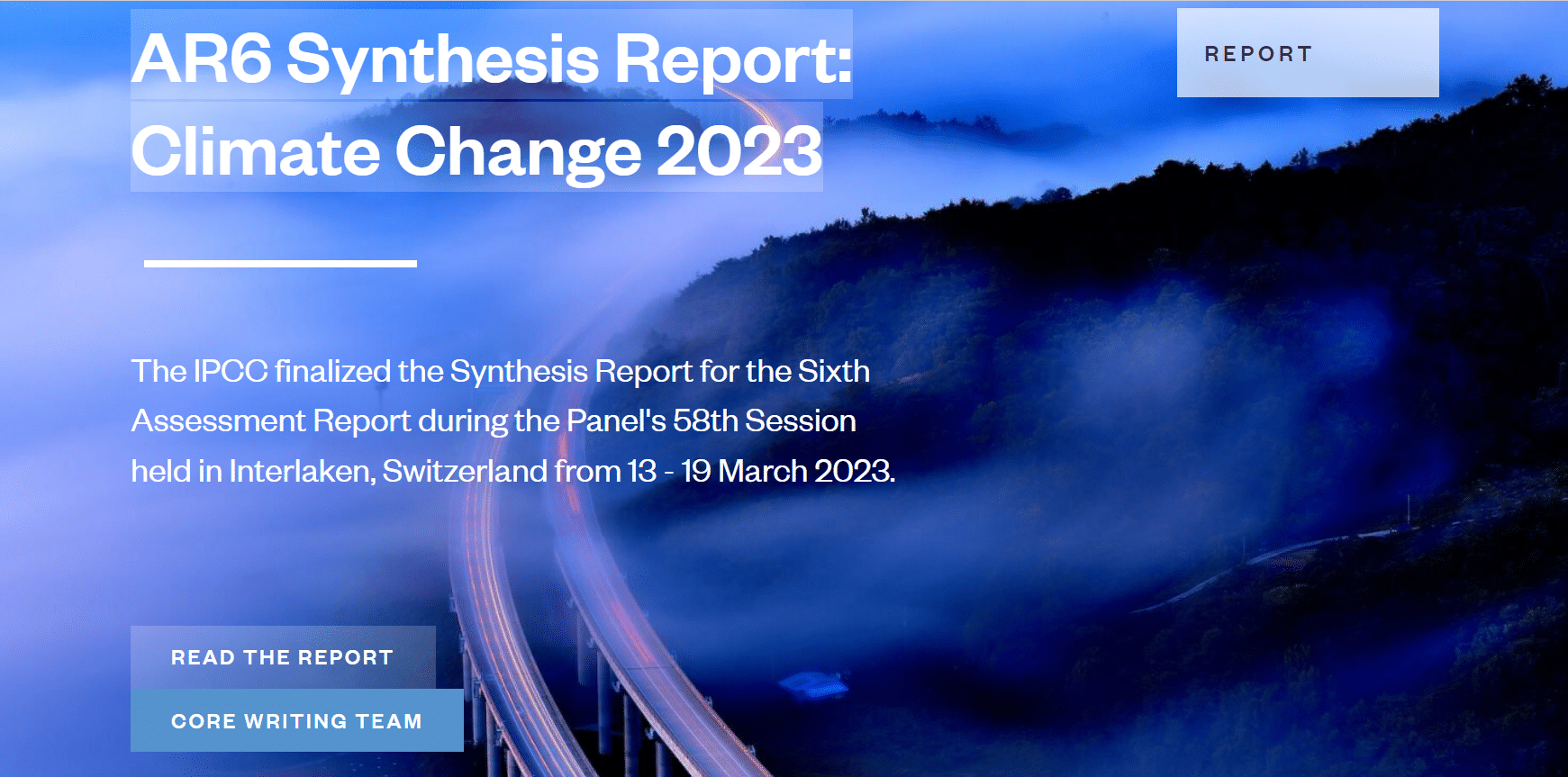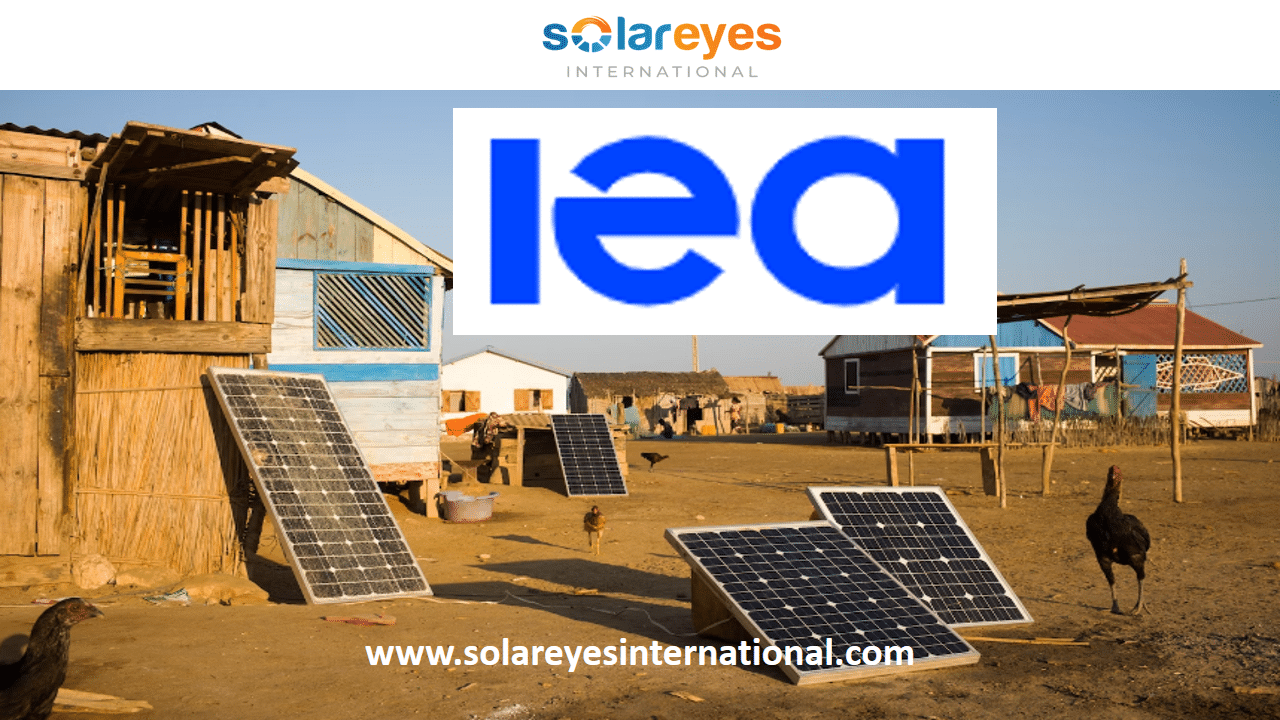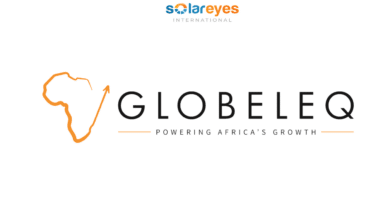SUMMARY – IPCC SIXTH ASSESSMENT REPORT (AR6): 2023

SUMMARY: SYNTHESIS REPORT OF THE IPCC SIXTH ASSESSMENT REPORT (AR6)
The Intergovernmental Panel on Climate Change (IPCC) recently released its Sixth Assessment Report, which is the most comprehensive assessment of climate change to date.
The report presents a stark and concerning picture of the state of the planet and the urgent need for immediate action to mitigate climate change.
One of the key findings of the report is that human activities, primarily the burning of fossil fuels, have caused the global average temperature to rise by 1.1°C since pre-industrial times. This increase in temperature is leading to more frequent and severe heatwaves, droughts, flooding, and wildfires.
Opportunities for Solar Energy Development in Europe
As the report states, “The unequivocal warming of the atmosphere, ocean, and land, and the widespread melting of glaciers and ice caps, is projected to continue under all emissions scenarios.” This means that even if we were to drastically reduce greenhouse gas emissions today, we will still experience the impacts of climate change for decades to come.
Another important finding of the report is that unless there are immediate and drastic reductions in greenhouse gas emissions, the planet will reach a global temperature rise of 1.5°C above pre-industrial levels in the next two decades. This is a critical threshold that will lead to irreversible impacts on ecosystems, human health, and livelihoods.
As the report states, “Limiting global warming to 1.5°C would require rapid, far-reaching, and unprecedented changes in all aspects of society.” This includes transitioning to clean energy sources, reducing emissions from transportation and agriculture, and investing in climate adaptation measures.
The report also highlights the disproportionate impacts of climate change on vulnerable populations, including low-income communities, Indigenous peoples, and those living in coastal areas or arid regions.
As the report states, “People who are socially, economically, culturally, politically, institutionally, or otherwise marginalized are often disproportionately exposed to compound climate-related risks.”
CALL FOR CONTRIBUTORS – SolarEyes International (fully remote)
It is clear from the report that the window of opportunity for limiting the magnitude and impacts of climate change is rapidly closing. As the report states, “It is unequivocal that human influence has warmed the atmosphere, ocean, and land. Widespread and rapid changes in the atmosphere, ocean, cryosphere, and biosphere have occurred.”
However, the report also provides hope that if immediate and decisive action is taken, we can still avoid the worst impacts of climate change. As the report states, “Actions that reduce emissions in the next few decades will have a profound effect on climate change impacts during the second half of this century and beyond.”
The key takeaway from this report is that we must act urgently and collectively to reduce greenhouse gas emissions, transition to clean energy sources, and invest in climate adaptation measures.
This will require political will, technological innovation, and cooperation at all levels of society, from individuals to governments and international organizations.
As the report states, “Mitigation and adaptation responses will entail unprecedented levels of transformation in economic, social, technological, and political systems. These systems transitions can be enabled through the rapid upscale of innovations, new technologies, behavioral change, and investment in infrastructure.”
We cannot afford to wait any longer to take action on climate change. The IPCC report is a wake-up call to all of us that we must act now to protect our planet and future generations. As the report states, “The choices we make now will determine the world’s future climate, prosperity, and security.”
What is Intergovernmental Panel on Climate Change (IPCC) and What do they Do
The Intergovernmental Panel on Climate Change (IPCC) is an organization that was established in 1988 by the World Meteorological Organization and the United Nations Environment Programme to assess the scientific, technical and socio-economic information related to climate change.
The IPCC is made up of thousands of expert scientists from around the world who volunteer their time to review and assess the latest research on climate change.
The main role of the IPCC is to provide policymakers with regular assessments of the state of climate change science, the potential impacts of climate change, and the options for mitigating and adapting to its effects.
Every few years, the IPCC publishes a comprehensive report that summarizes the scientific consensus on climate change, based on the latest research and data.
The IPCC also provides technical advice and support to governments and organizations on issues related to climate change, such as the development of greenhouse gas emissions inventories, the assessment of climate risks and vulnerabilities, and the evaluation of potential climate change mitigation and adaptation measures.
The IPCC’s work has played a key role in shaping global climate policy and in raising public awareness about the urgent need to address climate change.
Conclusion
The IPCC report emphasizes the urgent need for immediate action to mitigate climate change and limit global temperature rise to 1.5°C. As the report states, “Every bit of warming matters, every year matters, every choice matters.” We must act now to protect our planet and future generations.
FOLLOW US ON SOCIAL MEDIA
Follow us on LINKEDIN, FACEBOOK, TELEGRAM GROUP and WHATSAPP.
HOW TO SIZE A SOLAR SYSTEM – 5 clear steps anyone can follow
HOW TO START A SOLAR COMPANY – do these 6 things and make money through solar
Some Examples of where People have Fallen Victim to Fake Solar Products






